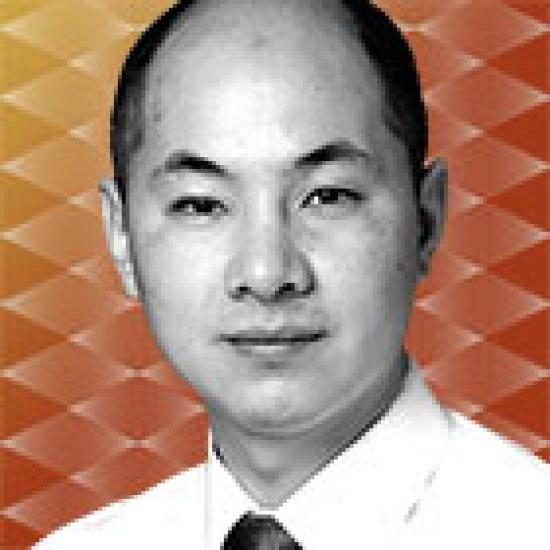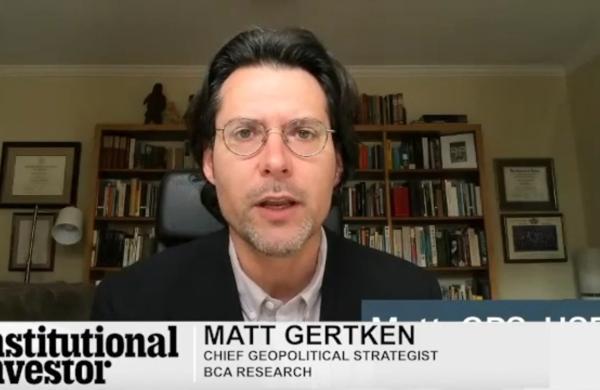< The 2014 All-China Research Team

Total Appearances: 3
Analyst Debut: 2012For a second year running, Bin Wang, 35, earns first place on this roster. The Hong Kong–based analyst has not lost supporters despite his move from Bank of America Merrill Lynch to Credit Suisse late last year. “Bin has great access to industry resources,” declares one money manager. “His stock-call timing is one of his key skills.” Also noteworthy is Wang’s consensus-busting, bullish forecast for domestic passenger vehicle demand in 2014. Through June sales were up 15 percent year-over-year, he notes, nearly hitting the researcher’s 16 percent full-year estimate six months early, while consensus expectation projects single-digit growth. Demand has since moderated, but even against that backdrop “electric vehicles is the most promising segment in the China auto market,” attests Wang, strengthened by government endorsement and the industry’s focus on petroleum resource independence and environment protection. As a result, the analyst has been touting Shenzhen-based BYD Co., China’s most competitive EV manufacturer, he believes. In March he initiated coverage on the producer. Citing BYD’s “technology leadership with an integrated EV solution, strong EV product pipeline and longest EV commercial operation experience,” he assigned the shares an outperform rating, at HK$54.39. Over the subsequent two months, the stock tumbled 32.8 percent, sinking to a year-to-date low point and lagging its peers by 31.1 percentage points. But by late November, BYD had rebounded to HK$45.40, advancing 24.2 percent against the sector’s gain of 9.6 percent. Wang, however, is generally cautious looking to the year ahead. “It is time to pick value stocks amid decelerating auto sales growth,” says the researcher, whose coverage spans 15 Chinese autos and auto parts names. Investors should favor global brand value plays, he advises, such as Huayu Automotive Systems Co., the nation’s largest components maker. The Shanghai-based company, which supplies interior trim, seats and drive shafts, is a “consolidator in China’s fragmented auto components market, thanks to its strong balance sheet and good M&A track record,” he notes. For example, last December, Huayu acquired a 50 percent joint-venture stake in U.S.-based Visteon Corp.’s Chinese automotive supplier, Yanfeng Visteon Automotive Trim Systems Co. Then in May it agreed to establish a 70-30 joint venture with Johnson Controls by buying the American manufacturer’s interior trim business. The deal is projected to position Huayu as the world’s largest interior trim supplier. More growth potential stems from the company’s diversified product portfolio and its expanding customer base, concludes Wang. His 21 yuan target price for the shares implies a 42.9 percent potential upside to their value in late November.





